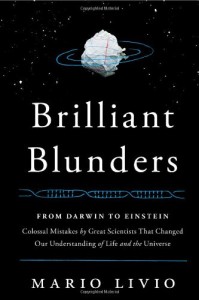
Deadly MERS virus spreading out of control in Saudi Arabia, leaps to Egypt as global pandemic begins
Healthcare workers increasingly infected: 7% death rate reported
Traditional Chinese Medicine (TCM) more effective than Western medicine
See Also:
The deadly MERS virus is spreading at a terrifying rate
Camels and bats suspected as contagion carriers
SARS-Like MERS Virus Spreads to New Countries
Cases of the MERS Coronavirus have significantly increased in the last few months, and in recent weeks there have been reports of the virus in new countries including Egypt, Malaysia, the Philippines, and Indonesia, leaving officials struggling to figure out why infections have increased.







